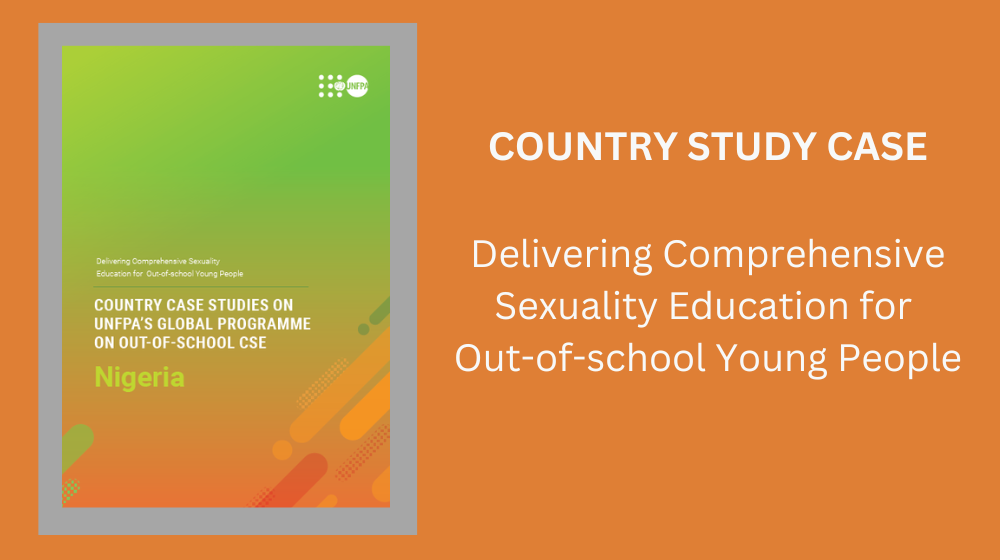Population matters
The State of World Population report is produced by a panel of external advisers, researchers, and writers, who work alongside UNFPA technical staff and editors, bringing the insights of leading independent experts together on issues related to the UNFPA mandate. This report explores how people — the general public, policymakers, academics, and others — understand current population trends, and how those views can impact sexual and reproductive health and rights. Make no mistake: population trends are real and enormously impactful. They affect culture and social relations, economies, and political discourse. They influence how we approach climate change, allocate resources, respond to shifting workforces, and more. But it is precise because population trends are so important that we must move past the tendency to reduce all of humanity to the threat of a population “bomb” or “bust”. These alarmist narratives persist in part because they offer easy talking points and can be used to justify simple but fallacious “fixes”, like setting fertility targets to “correct” a population size. Research for this report found a notable recent uptick in governments adopting policies aimed at raising, lowering, or maintaining fertility rates. Further, the share of countries with policies to increase fertility has grown, while the share of countries without fertility policies has diminished. Policies to influence fertility rates are not necessarily coercive — they can take many forms — but in general, the analysis finds that efforts to influence fertility are associated with diminished levels of human freedoms. In reality, there is no perfect population size, nor any reliable way to achieve a specific population size. Fertility rates fluctuate for a wide variety of reasons that stretch far beyond the reach of targets and State policies. At times, efforts to manipulate the population even defy logic. Responding to an aging population by encouraging people to have more babies, for example, ignores the fact that this will do little to relieve shortages of workers and pension burdens in the short term, and in fact, will increase the need for other large investments like education long before the babies become productive, tax-paying workers. STATE OF WORLD POPULATION REPORT 2023.




